
Today is International Mountain Day. This year's theme is 'restoring mountain ecosystems.' The impact of a warming planet on mountains, their ecosystems and local communities is currently being brought to the fore at the COP28 United Nations Climate Change Conference in Dubai, UAE. The latest scientific reports indicate that 'Two Degrees is Too High' for Earth's frozen terrain, meaning that mountain and polar regions will experience irreversible damage if global warming reaches 2°C — a tipping point that some studies suggest the planet is on track to exceed by the end of the century.
As the international effort to limit global warming to below 2°C and towards 1.5°C continues, mountains face elevation-dependent warming, shrinking glaciers, reduced snow cover and changing precipitation patterns, causing knock-on effects for water supply, energy production, ecosystem integrity, agricultural and forestry production and disaster preparedness.
These crises are additional strains on mountain communities - totalling 15% of the global population - who are already disadvantaged by geographical and political isolation. Mountains are also home to a quarter of land animals and plants living under increasingly uninhabitable conditions as temperatures rise.
The mountains are issuing a distress call. COP28 must respond with a rescue plan. - UN Chief António Guterres
Scientists estimate that climate change is affecting major mountain ranges two to three times faster than the rest of the world. The Himalayan region overall has lost 25% of its ice since 1970, while one study found that the world's highest glacier on Everest's South Col has lost 2,000 years of ice in just 30 years. One-third of Himalayan glaciers — at the very least — are predicted to disappear by 2100, putting the lives of the 2 billion people who depend on these Himalayan water towers at risk of floods, landslides and water shortage.
In the European Alps, the mercury has risen by 2°C over the course of the 20th century – a rise greater than the French average of 1.4°C, and double that of the northern hemisphere. According to one study, if present climatic conditions are maintained, the vanishing Argentière Glacier and the Mer de Glace could both disappear by the end of this century.
Alongside the health and safety risks posed by climate-change related disasters to local populations, climbing and trekking routes are shifting with changing conditions: access to the base of glacial routes is proving more difficult or riskier as snow and ice melt, while rockfall is increasing in many areas due to thawing permafrost. Walkers can also experience the effects of climate change even closer to home, in areas such as the Cairngorms.
Mountains fall under the term 'cryosphere'; the name given to Earth's snow and ice regions and ranges, from ice sheets, glaciers, snow and permafrost to sea ice and the polar oceans. An excerpt from the Preface of the State of the Cryosphere Report 2023 reads:
"At COP28, we need a frank Global Stocktake, and fresh urgency especially due to what we have learned about Cryosphere feedbacks, worsening for each additional tenth of a degree in temperature rise. We need tangible results, and a clear message about the urgency to phase out fossil fuels and for more robust financial mechanisms to finance climate action.
"We have time, but not much time. Past alerts are today's shocking facts. Present warning will be tomorrow's cascading disasters, both within and from the global Cryosphere, if we do not accelerate climate action and implement systemic change.
"Change is hard, but change we must. Because of the Cryosphere, climate inaction is unacceptable."
In a UN event titled 'Call of the Mountains: who saves us from the climate crisis?' at COP28, UN Secretary-General António Guterres opened with a speech underlining the severe rate of change in the mountains and the urgent need to limit warming:
"It is deeply shocking to learn how fast the Himalayan glaciers are melting. And deeply distressing to hear first-hand from local communities about the terrible impact on their lives.
#Nepal, and other vulnerable mountain countries, are being pounded by a crisis that is not of their making. The country has lost close to a third of its ice in just over thirty years – a direct result of the greenhouse [gas] pollution heating our planet. That means swollen lakes and rivers flooding, sweeping away entire communities. It means rising seas threatening communities around the world. And melting is accelerating. Unless we change course, we will unleash catastrophe: The glaciers could disappear altogether. That means massively reduced flows for major Himalayan rivers like the Indus, the Ganges and Brahmaputra. Deltas decimated by saltwater. Low-lying communities wiped out, millions of people forced from their homes, and floods and droughts accelerating around the world. Nepal's mountains are crying out for help and COP28 must respond.
The Global Stocktake must look forward and create the conditions for a surge in global climate action in 2025 and beyond. Critically, we need this COP to deliver in three areas: First, finance and climate justice. There can be no climate action without the money to pay for it. I am calling for developed countries to clarify the delivery of the $100 billion, and to produce a clear plan to double adaptation finance to $40 billion a year by 2025 – as a first step to devoting half of climate finance to adaptation. But those sums are dwarfed by the scale of what's needed. So, we need the outcome of this COP to call for reform of the International Financial Institutions so that they reflect today's world and are far more responsive to the needs of developing countries. And for reform of the business models of the Multilateral Development Banks so that they can leverage far more private finance at reasonable cost to developing countries like Nepal. Responding to the climate disaster shouldn't create a financial disaster. So, we also need the outcome of the COP to support an increase in the proportion of climate finance delivered as grants and concessional finance. And I am calling for countries to boost support for the Loss and Damage Fund. It was an extremely important decision to move forward with it, but we must put serious money into it.
Second, this COP needs to set the world up for emissions to plummet. The door is closing on 1.5 degrees. But a sliver of light remains. This COP outcome must set a clear expectation that countries' 2025 Nationally Determined Contributions will align with the 1.5-degree limit, cover the whole economy, and be delivered on time. And it must chart a course for a fair, just, and equitable transition from fossil fuels to renewables. The science is clear: ultimately fossil fuels must go. We need a clear commitment to double energy efficiency, and bring clean energy to all, by 2030. And to phase out fossil fuels on a timeframe compatible with achieving the 1.5 degree goal of the Paris Agreement.
Finally, the Global Stocktake must strengthen international cooperation. The goals of the Paris Agreement depend on it. We need collaboration between government, and between countries and companies, to drive down emissions, and to protect everyone on earth with an effective early warning system by 2027 and Nepal is an essential candidate to have an effective early warning system. Excellencies, friends, The mountains are issuing a distress call. #COP28 must respond with a rescue plan and let's give our all to making that that reality emerges from the COP. "
While the final outcome of the COP looks set to 'reduce' rather than 'phase out' production and consumption of fossil fuels — an outcome deemed 'insufficient' by many world leaders and activists — the draft text directly calls for 'an expert dialogue on mountains and climate change' to be held by COP advisors at their next session.
What's on at COP28?
A number of mountain-related COP28 events are being live-streamed from the Cryosphere Pavilion in Dubai. View the full schedule for the Pavilion here and follow the Cryosphere Pavilion YouTube channel for livestream and replay details. UN Mountain Partnership events will be available to watch on the UN Climate Change YouTube Channel.
UN Mountain Partnership events
Events have been organised around International Mountain Day by the UN Mountain Partnership:
Restoring Mountain Ecosystems - YouTube replay link
'Join us this #IMD2023 to learn why restoring mountain systems is key to safeguarding biodiversity and adapting to climate change.'
Related recent publication: Restoring Mountain Ecosystems - Challenges, case studies and recommendations for implementing the UN Decade Principles for Mountain Ecosystem Restoration
Elevating mountains and the cryosphere to the forefront of international processes - YouTube replay link
FAO and UN Mountains COP28 side event.
Sharing knowledge throughout the UN Decade on Ecosystem Restoration: Good practices for the restoration of mountain ecosystems
Wednesday, 13 December 2023 at 14.30 - 16.00 CET - Online via Zoom
'Join the Mountain Partnership Secretariat and the FAO-led UN Decade Task Force on Best Practices for a technical session that will showcase and share good practices for restoration of mountain ecosystems applied by four countries.'
The UN Mountain Partnership has compiled a list of mountain-related events at COP28, which includes a range of high-level round-table discussions with global climate leaders from mountain regions and scientific presentations from researchers. Some events can be livestreamed or replayed on the UN Climate Change YouTube Channel.
View the list of events here.
Cryosphere Pavilion events - Live from COP28
Taking place in the Blue Zone at COP28, the Cryosphere Pavilion hosts mountain and ice-themed presentations and discussions with scientists and global delegates.
View the full schedule of events on the International Cryosphere Climate Pavilion website.
All events can be streamed live or replayed via the Cryosphere Pavilion YouTube channel.
Mount Everest Foundation launches Nepali science and exploration initiative
Coinciding with International Mountain Day, the Mount Everest Foundation has announced that Nepali mountaineers and scientists will be able to apply for grant funding for expeditions alongside British and New Zealand nationals, effective from 2024.
Since 1955, the MEF has granted funds to over 2,000 expeditions, to mountaineers making ascents in extremely remote and difficult locations, and to scientists researching areas ranging from high-altitude medicine to early-warning systems for glacial dam ruptures.
"We support leaders and explorers bringing innovative approaches to alpinism and scientific research for the benefit of future generations and mountain communities," the MEF shared. "Applications will be assessed using the rigorous requirements expected of all applicants, with an emphasis on exploration and environmental protection. We are delighted that Kathmandu University will be working alongside the MEF team of experts to assist with the screening for scientific applications.
"We are confident our support will make a big difference to young scientists and mountaineers in Nepal, who understand that the mountains of their homeland inspire the world."
Climate Change in the Mountains: Resources
All major mountain-related COP28 events can be replayed on the Cryosphere Pavilion YouTube channel. UN Mountain Partnership events are available on the UN Climate Change YouTube Channel.
The latest mountain climate science reports:
2023 State of the Cryosphere Report
2023 - IPCC AR6 Synthesis Report: Climate Change 2023
2022 State of the Cryosphere Report
2022 IPCC Sixth Assessment Report (Cross-Chapter Paper 5: Mountains)
2019 IPCC report on High Mountain Areas
Links to mountain-related climate organisations and initiatives:
International Network of Mountain Indigenous Peoples
Read our UKC/UKH articles on issues relating to climate change and the environment:
- INTERVIEW: GB Climbing Olympic Coach Rachel Carr on Paris 2024 24 Jul
- ARTICLE: Q&A with New BMC President Dominic Oughton 18 Jul
- ARTICLE: Climbing Moves We Might See in the Paris 2024 Olympics - and How to Do Them 9 Jul
- ARTICLE: 12 Sport Climbing Highlights to Look Forward to in the Paris 2024 Olympic Games 27 Jun
- ARTICLE: Nuts Museum: The Frenchman who collects Trad Climbing Gear 7 May
- SKILLS: Top Tips for Learning to Sport Climb Outdoors 22 Apr
- INTERVIEW: Albert Ok - The Speed Climbing Coach with a Global Athlete Team 17 Apr
- SKILLS: Top 10 Tips for Making the Move from Indoor to Outdoor Bouldering 24 Jan
- ARTICLE: Did Downclimbing Apes help Evolve our Ultra-Mobile Human Arms? 5 Dec, 2023
- ARTICLE: Dàna - Scotland's Wild Places: Scottish Climbing on the BBC 10 Nov, 2023
- INTERVIEW: GB Climbing Olympic Coach Rachel Carr on Paris 2024 24 Jul
- ARTICLE: Q&A with New BMC President Dominic Oughton 18 Jul
- ARTICLE: Climbing Moves We Might See in the Paris 2024 Olympics - and How to Do Them 9 Jul
- ARTICLE: 12 Sport Climbing Highlights to Look Forward to in the Paris 2024 Olympic Games 27 Jun
- ARTICLE: Nuts Museum: The Frenchman who collects Trad Climbing Gear 7 May
- SKILLS: Top Tips for Learning to Sport Climb Outdoors 22 Apr
- INTERVIEW: Albert Ok - The Speed Climbing Coach with a Global Athlete Team 17 Apr
- SKILLS: Top 10 Tips for Making the Move from Indoor to Outdoor Bouldering 24 Jan
- ARTICLE: Did Downclimbing Apes help Evolve our Ultra-Mobile Human Arms? 5 Dec, 2023
- ARTICLE: Dàna - Scotland's Wild Places: Scottish Climbing on the BBC 10 Nov, 2023



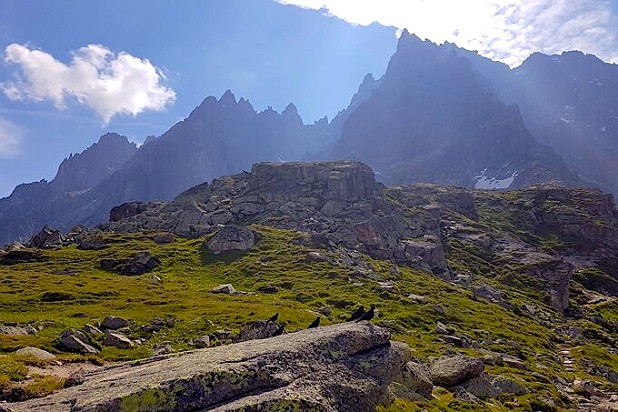
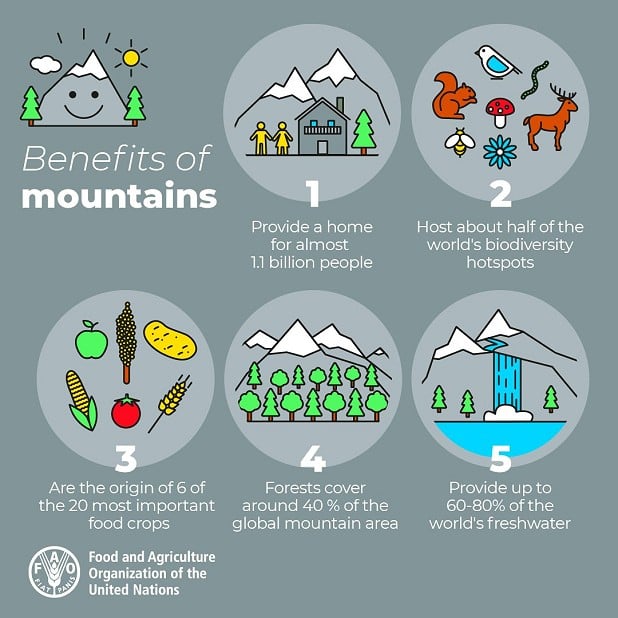
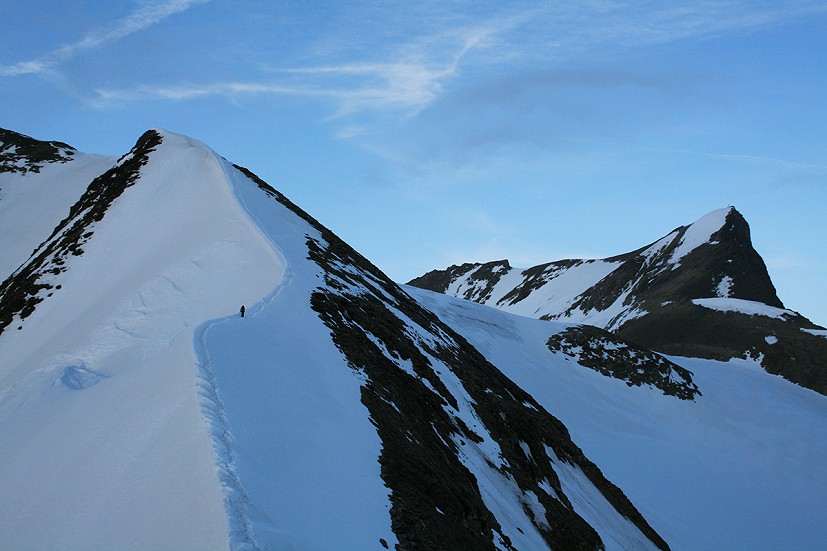
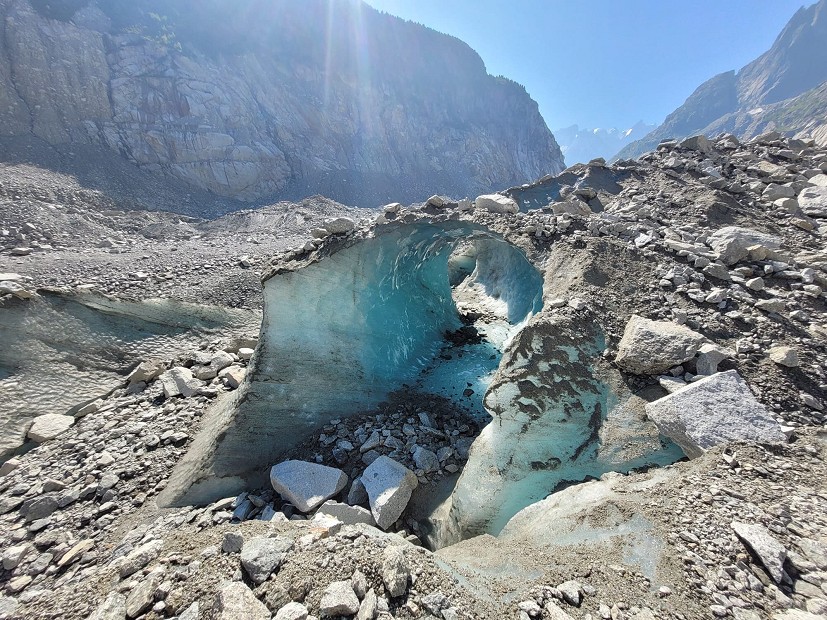

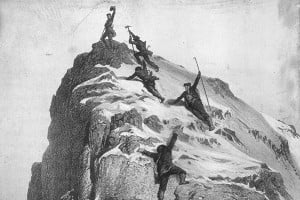

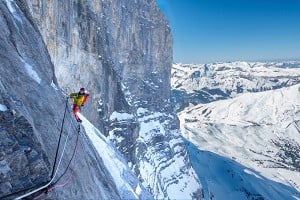









Comments